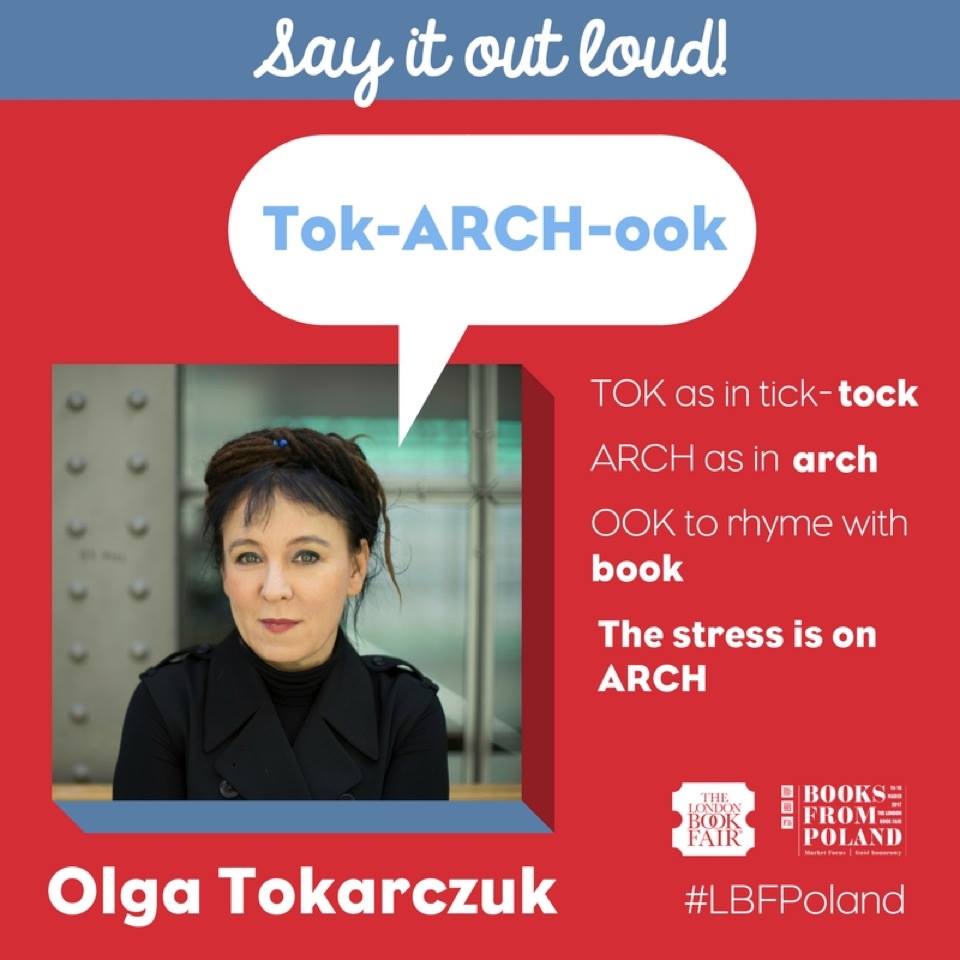It’s Friday and that means we are back with the latest literary news from around the world! From Hong Kong, Editor-at-Large Charlie Ng brings us the latest on theater, literary festivals, and poetry readings. MARGENTO brings us exciting news about past Asymptote-contributors and other brilliant writers from Romania and Moldova. Finally, our own assistant blog editor, Stefan Kielbasiewicz shares news about poetry in the UK.
Charlie Ng, Editor-at-Large, Hong Kong
November is a month filled with vibrant literary performances and festivals in Hong Kong. On stage from late October to early November, a Cantonese version of The Father (Le Père) by French playwright, Florian Zeller, winner of the Molière Award for Best Play, is brought to Hong Kong audiences by the Hong Kong Repertory Theatre for the first time.
The seventeenth Hong Kong International Literary Festival kicked off on November 3 with a grand dinner with Scotland’s well-loved crime fiction writer, Ian Rankin, who also attended two other sessions as a guest speaker: Mysterious Cities: the Perfect Crime Novel and 30 Years of Rebus with Ian Rankin. Carol Ann Duffy was another Scottish writer featured in this year’s Festival. The British Poet Laureate read her poetry with musician John Sampson’s music accompaniment on November 9. The dazzling Festival programme includes both international authors such as Hiromi Kawakami, Amy Tan, Min Jin Lee, Ruth Ware, Hideo Yokoyama, and local writers and translators such as Xu Xi, Louise Ho, Dung Kai-cheung, Nicholas Wong, Tammy Ho, and Chris Song.




